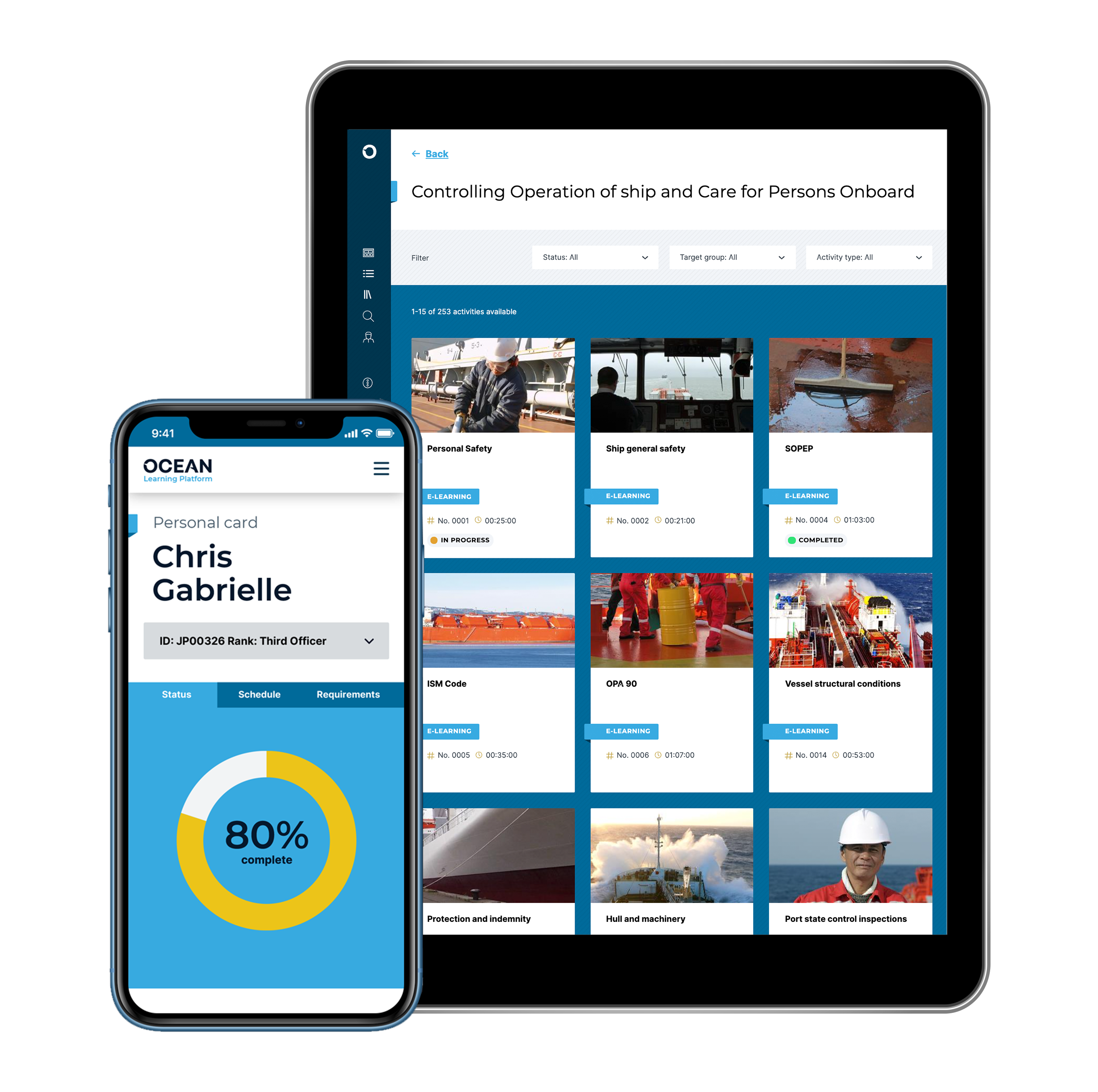Managing Seafarer Performance
Across a range shipping industry events, the need to address human factors in maritime incidents has been discussed. So, what can we do to ensure that people are helped to stay safe?
Two sides of the coin
Keeping people “out of trouble”, meaning reducing the likelihood of accidents happening, is of course the best bet. As the old saying goes, if you think training is expensive, wait until you count the cost of an accident.
So, pre-emptive, proactive training and preparation is vital. Ensuring seafarers have the knowledge and skills is one thing – but they have to be in a position to use them, ensuring they can make the right decisions, and to take the right actions.
One of the primary concerns about the constant problems surrounding the human element is the fact that seafarers are often under intense pressure, and that is the enemy of good decision making.
Where there are tired, stressed, put upon crews – then there are far more likely to be accidents and incidents. This is not just an equation where knowledge translates into the right result, there needs to be performance management too. Seafarers need to be provided with the right tools, but so too the right environment to use them.
Reducing the “human problem”
For some companies and organisations, the answer when it comes to reducing the human effect is to reduce the human influence. The headlong drive for autonomous ships, shows that for some the answer is to get rid of seafarers all together.
While there is some logic to that argument, there is still such a long way to go before the “unmanned” future comes to pass, that we can’t idly sit by and say that everything will be ok. We cannot wait for the 10, 15 or perhaps even 20 years to elapse before we see the global fleet managing itself.
There are years ahead of us in which seafarers are still the answer to the question of maritime safety. So, we need to act now. We need to take the right approaches, following the strategic aims of reducing accidents, with the tactical elements which will bring the results which are needed onboard ships.
Uppermost in this, as we have stated earlier, is the concept of “performance management”. As you will no doubt have seen and heard, Ocean Technologies Group has recently launched a series of major new innovation to help shipping companies and seafarers alike. How, though, can that translate into saving lives, the environment and ensuring greater efficiencies at sea?
Performing well
Our new Ocean Learning Platform will make massive strides for improving training and certification – but there are other steps needed too. Performance is not only what people do, but ensuring the right environment for them to do it.
So, what are the pillars of an operational environment which translates to good performance? Well, obviously fit, rested and happy seafarers have a better chance of performing well. Even one underperforming seafarer can cause a problem, so there needs to be every effort to make sure the team works, and the ship performs.
Here are our top tips for managing seafarer performance:
- Find out the facts – where an employee is underperforming, don’t jump to conclusions find out what is really going on. Do they have the proper resources and training? Are there outside influences distracting them from their work? A good employer cares about its people as well as results, so find out what is going on.
- Encourage Communication – Talking with people, finding out what their perspectives are, these are vital elements of managing performance.
- Create a positive work environment – Is the work environment conducive to the results that are expected? A work culture that allows employees to voice their opinion and reinforce that their opinions are heard can mean a healthy and happy work environment. This in turn is more likely to foster safety and better results.
- Provide effective training – Of course, the better training people receive, the better chance they have of delivering on expectations. Don’t make the mistake of thinking training is a one-time thing. Training should be ongoing so that employees can continue to develop their skills. Ongoing training is the way to continuously improve employee performance.
- Acknowledge contributions – Give praise where praise is due – to keep the impetus going!
- Performance management – Ensuring that you monitor employee performance regularly and consistently is vitally important. Having Ocean Learning Platform in place means that problems can be spotted, and actions taken. It means that employees, managers and clients can be reassured that the right things are being done to ensure performance levels.
Ocean Learning Platform
Accessible, repeatable, measurable – a learning solution for the 21st century vessel, available wherever you are in the world
Want to learn more about OLP?

